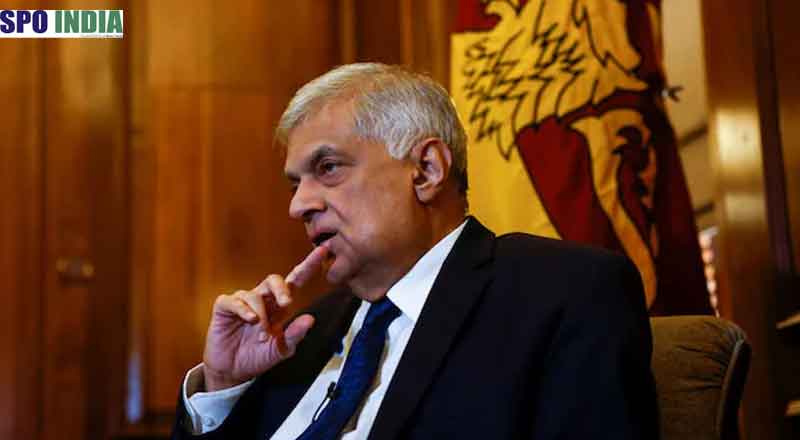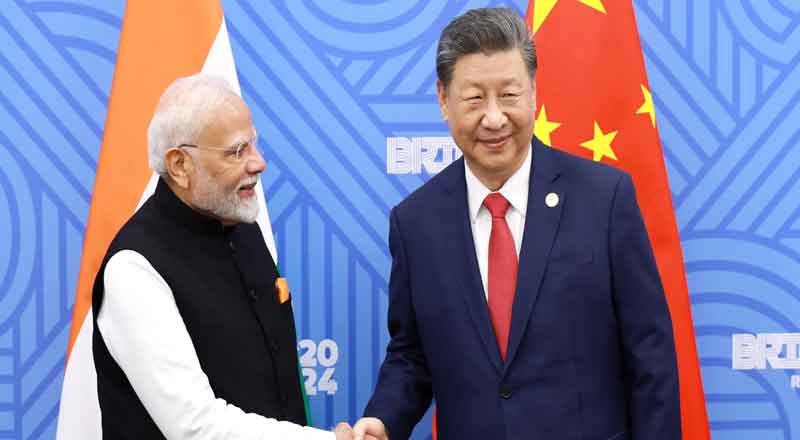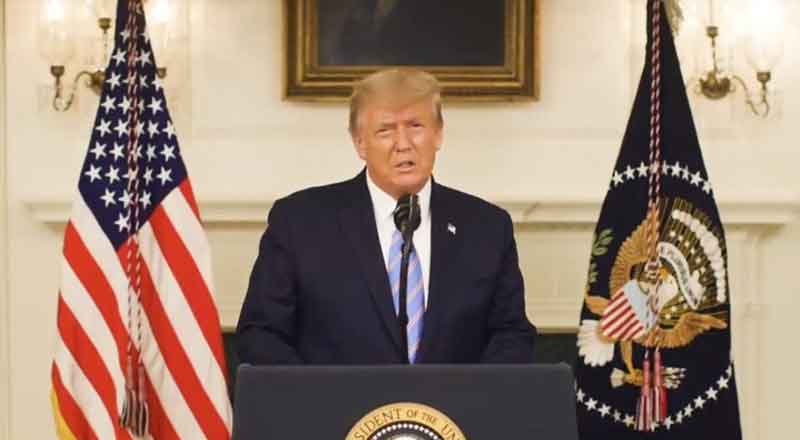Date Set for September 21
Sri Lanka is set to hold its next presidential election on September 21, as announced by the Election Commission on Friday. This marks the first election since the 2022 economic crisis that led to widespread unrest and significant political changes in the country. The vote is seen as pivotal in determining the future of economic reforms in the financially troubled nation.
Key Candidates and Nominations
Incumbent President Ranil Wickremesinghe, aged 75, was the first to submit his nomination, along with a non-refundable deposit to the election commission. Nominations are scheduled to be accepted on August 15, as per the government gazette. Despite concerns from opposition leaders about the possibility of the election being postponed, the government has assured that it will proceed as planned. Among the candidates is Field Marshal Sarath Fonseka, Sri Lanka’s former Army chief known for leading the military offensive that ended the LTTE insurgency.
Background of the Economic Crisis
Sri Lanka experienced its worst financial crisis since gaining independence from Britain in 1948. The crisis was triggered by a severe shortage of foreign exchange reserves, which led to political turmoil and the eventual ousting of the Rajapaksa family from power. In mid-April 2022, the country declared its first-ever credit default, and by March 2023, it had secured a $2.9 billion bailout from the International Monetary Fund (IMF).
Impact on the Population
The economic collapse pushed a quarter of the population into poverty and forced thousands to migrate. Higher taxes, prolonged inflation, and a stagnant job market exacerbated the situation. Massive protests ensued, leading to the resignation of former President Gotabaya Rajapaksa, who fled the country on July 9, 2022. At this critical juncture, then-Prime Minister Ranil Wickremesinghe was elected by Parliament to succeed Rajapaksa. Wickremesinghe took office amidst severe economic distress, with the immediate challenge of stabilizing the nation’s finances and restoring public confidence.
International Assistance and Recovery Efforts
India played a significant role in providing immediate financial support to Sri Lanka during the crisis, offering a $4 billion lifeline in the first quarter of 2022. This assistance helped pay for essential imports. Additionally, India extended a $500 million Line of Credit for petroleum products and a $1 billion Credit Facility for essential items, including food, medicine, and fuel. Humanitarian aid included over 26 tons of drugs and medical supplies delivered to several hospitals in Sri Lanka. Other countries and international organizations also contributed to alleviating the crisis, with the World Bank providing a $700 million assistance package.
Economic Performance Under Wickremesinghe
Under President Wickremesinghe’s leadership, Sri Lanka’s economy has shown signs of recovery, aided by the IMF bailout. Inflation has dropped significantly from 70% in September 2022 to 1.7% in June 2023. The Sri Lankan rupee has strengthened, and foreign exchange reserves have been partially rebuilt. The economy, which shrank by 7.3% during the height of the crisis, is projected to grow by 3% in 2024. These improvements, however, are fragile and require sustained efforts and reforms to ensure long-term stability.
Debt Restructuring and Future Challenges
Last month, bilateral creditors, including Japan, China, and India, agreed to a $10 billion debt restructuring plan, providing Colombo with a four-year deferral on repayments and saving $5 billion. Despite these efforts, Sri Lanka still needs to finalize an agreement with bondholders on restructuring $12.5 billion of debt before the third IMF review later this year. The restructuring plan aims to give Sri Lanka some breathing space, but the country remains under significant financial strain, necessitating careful management of its economic policies.
Ensuring Continued Reforms
Analysts warn that Sri Lanka’s recovery remains fragile. Any attempts to reverse the economic reforms could lead to a new crisis. The upcoming election will be crucial in determining whether the next government will continue with the necessary reforms to stabilize and grow the economy. Ensuring the implementation and completion of these reforms is essential for transforming Sri Lanka’s economic trajectory. The new government will need to prioritize fiscal discipline, enhance revenue collection, and ensure that public spending is both efficient and equitable.
As Sri Lanka approaches the election, the nation is at a crossroads. The outcome of the vote will shape the country’s future, determining whether it can emerge from its economic difficulties stronger and more resilient. The electorate faces a significant decision, with the choice of leadership likely to impact the speed and effectiveness of ongoing and future reforms. The world will be watching closely, hoping that Sri Lanka can navigate this critical period successfully and set a course for sustainable development and prosperity.
(With inputs from agencies)





